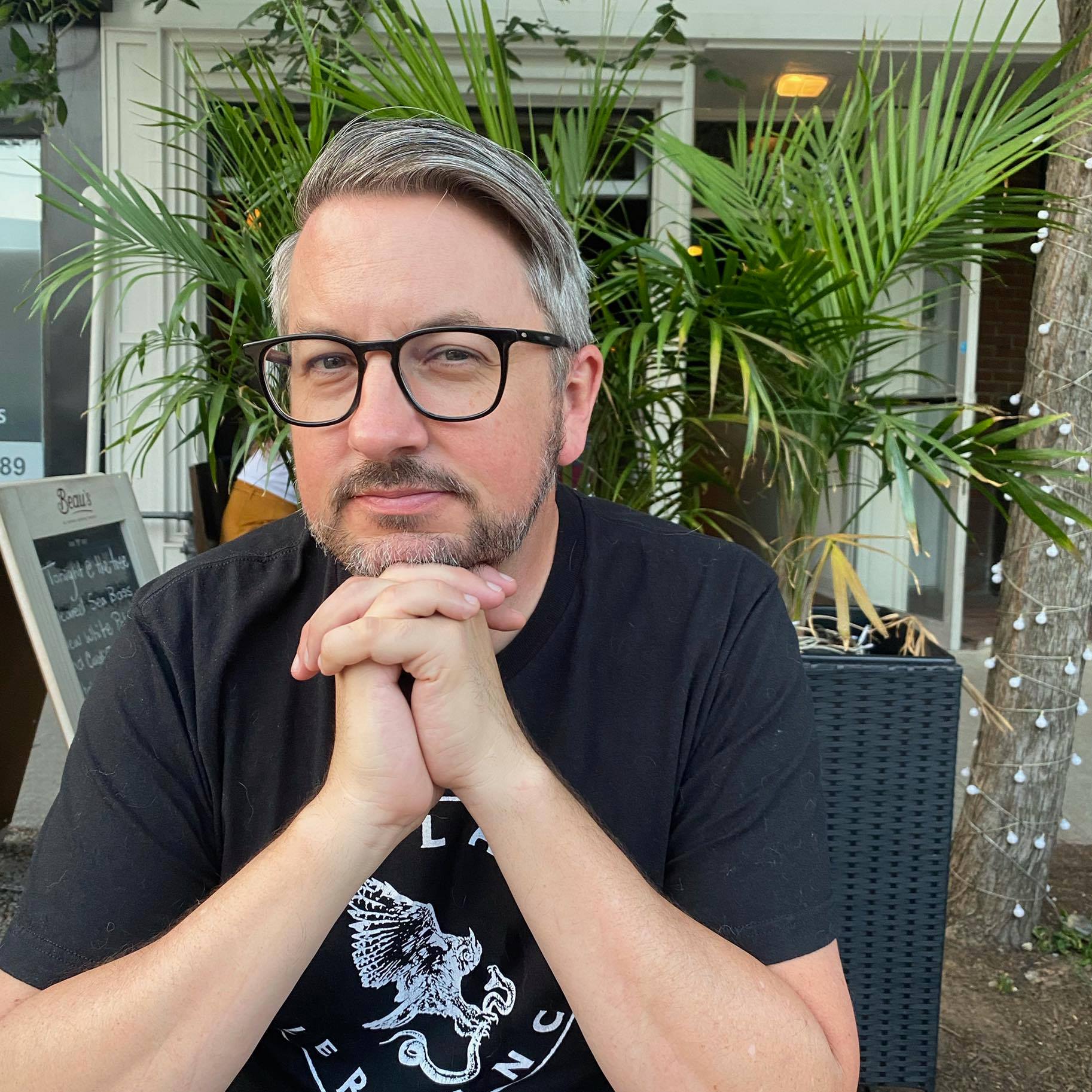Geoff MacDonald
I hold a B.A. from Wilfrid Laurier University and a Ph.D. from the University of Waterloo. Prior to coming to Toronto, I was a SSHRC post-doctoral fellow at Wake Forest University and a Senior Lecturer at the University of Queensland.
People Type:
Roles:
Research Area:
In general, my lab focuses on issues of social connection and disconnection. I’m well versed in attachment theory, and have spent a lot of time working on issues around the intersection of attachment avoidance and intimacy (e.g., Muise et al., in press; Sanscartier & MacDonald, 2019; Schrage et al., in press). However, much of the research in my lab is student-driven, so it is difficult to anticipate what direction the lab’s work will take in the future. For example, my past students have developed ideas around fears of being single (e.g., Spielmann et al., 2013), relationship decision making (e.g., Joel et al., 2013), and implicit beliefs about sexuality (e.g., Maxwell et al., 2017). My current students focus on issues including positive emotion in romantic relationships, relationship maintenance processes, and even the process of conducting research itself. I’m always open to pursuing a good idea.
However, one emerging theme of the lab’s work is the intersection of singlehood and sexuality. Long-term singlehood is becoming increasingly common yet little is known about what predicts well-being in singlehood (Pepping, MacDonald, & Davis, 2018). Some data from my lab suggests that feeling sexually satisfied is particularly related to being happy with singlehood and life in general (Park, Impett, and MacDonald, in press). But what leads people to feel like their sexual needs are met (or not) as a single person? Not only do we not know, but we don’t even have good measurement instruments to answer the question. My lab is trying to work on both of these issues.
Some broader issues that interest me now include thinking about attachment theory in light of longitudinal findings on the relatively small role of childhood treatment in adult attachment security (see Fraley & Roisman, 2019), the role of Big 5 Personality traits in attraction and maintenance of relationships (e.g., Park & MacDonald, 2019), and better understanding what people are doing psychologically when they let go of a close relationship (e.g., LeRoy et al., 2019).



